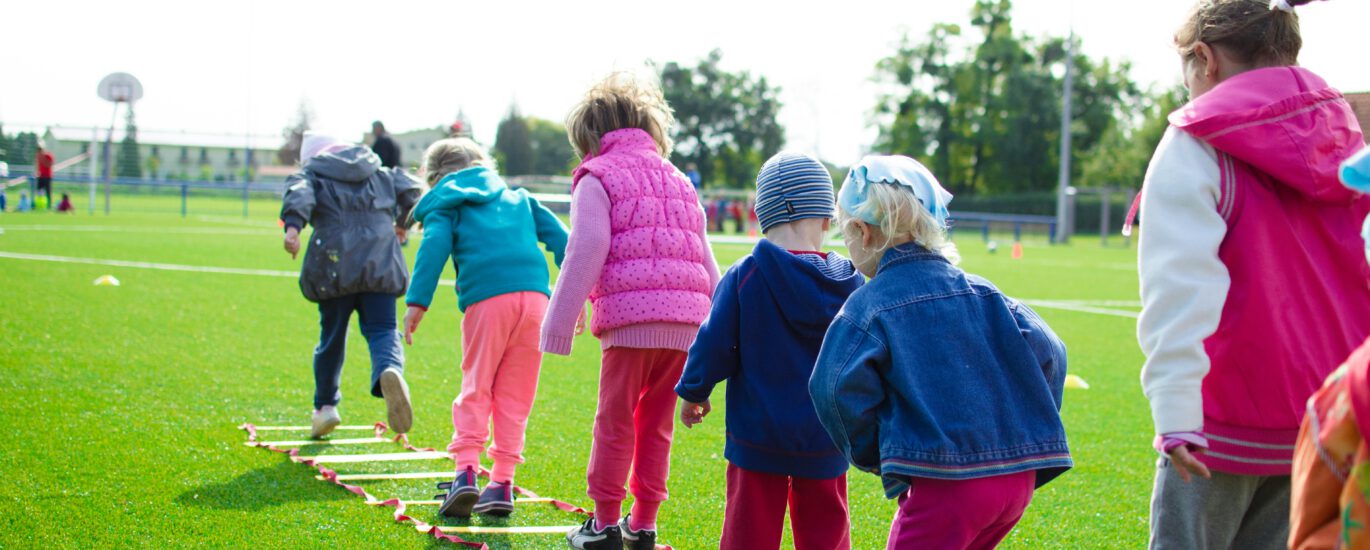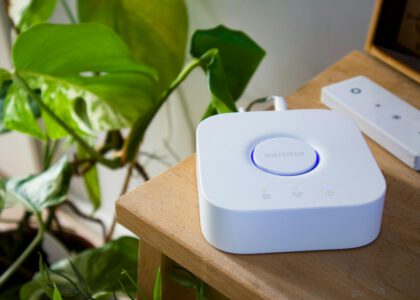Table of Contents
ToggleWhy September 2025 Is the Perfect Time for Kids to Start Learning Languages
The landscape of language learning apps for kids has transformed dramatically in September 2025. With enhanced safety features, AI-powered age-appropriate content, and engaging interactive experiences, today’s best language learning apps for kids September 2025 make language acquisition fun, safe, and incredibly effective for young learners.
Children’s language learning apps now offer unprecedented personalization, adapting to each child’s learning pace, interests, and developmental stage. From toddlers taking their first steps into bilingualism to teenagers preparing for international opportunities, the best language learning apps for kids September 2025 provide age-appropriate pathways to fluency.
We’ve extensively tested and reviewed dozens of platforms to bring you this comprehensive guide to the 12 best language learning apps for kids September 2025 that combine educational excellence with child safety and parental peace of mind.
What Makes a Great Language Learning App for Kids in 2025?
Essential Safety and Educational Features:
Child-safe environment with no ads or inappropriate content
Parental controls and progress monitoring
Age-appropriate content designed by child development experts
Offline functionality for safe learning anywhere
Screen time management tools
Educational standards alignment (Common Core, CEFR)
Multi-sensory learning through games, songs, and stories
The Top 12 Language Learning Apps for Kids – September 2025
1. Duolingo ABC – The Kid-Friendly Giant
Best for: Ages 3-8, reading and basic vocabulary
Duolingo’s dedicated kids platform has evolved significantly by September 2025, offering completely ad-free experiences with enhanced parental controls and child-safe interactions.
Key Features:
Completely ad-free environment
Age-appropriate lessons for early learners
Parent dashboard with detailed progress reports
Offline mode for safe learning
Colorful animations and child-friendly characters
Pricing: Free with premium family plans available
2. Abblino Kids – Conversational Learning for Young Minds
Best for: Ages 5-12, speaking confidence and real conversations
Abblino’s conversational approach works exceptionally well for kids in 2025, with speaking practice and vocabulary features that can be adapted for younger learners through child-safe voice interactions and age-appropriate scenarios that kids actually encounter.
Key Features:
Child-safe voice practice with AI feedback
Real-world scenarios kids can relate to (playground, family, school)
Pricing: Free version available, subscriptions starting at $7.99/month
3. Gus on the Go – Adventure-Based Learning
Best for: Ages 2-6, vocabulary building through play
This award-winning app takes children on language learning adventures with Gus the friendly owl, covering 30+ languages through interactive games and activities.
Key Features:
30+ languages available
No in-app purchases or ads
Vocabulary lessons through interactive games
Cultural lessons about different countries
Offline functionality
Progress tracking for parents
Pricing: $3.99 per language (one-time purchase)
4. Mondly Kids – AI-Powered Child Learning
Best for: Ages 5-12, comprehensive language skills
Mondly’s dedicated kids platform uses advanced AI to create personalized learning experiences while maintaining strict child safety protocols.
Key Features:
AI-powered personalized lessons
Speech recognition designed for children’s voices
AR features for immersive learning
33 languages available
Kid-safe chatbot conversations
Detailed parental reports
Pricing: $9.99/month or $47.99/year
5. Little Pim – Language Learning for Toddlers
Best for: Ages 0-6, early language exposure
Specifically designed for very young children, Little Pim introduces languages through entertainment and play, perfect for creating early bilingual foundations.
Key Features:
Designed specifically for toddlers and preschoolers
12 languages available
Short, attention-span appropriate lessons
No reading required
Parent guides and tips
Completely safe, ad-free environment
Pricing: $14.99/month or $149.99/year
6. Rosetta Stone Kids – Immersive Learning
Best for: Ages 4-12, immersive language experience
The kids version of Rosetta Stone provides immersive language learning through pictures and context, avoiding translation methods that can confuse young learners.
Key Features:
Immersive learning without translation
25 languages available
Child-appropriate content and pacing
Speech recognition technology
Progress tracking and parental controls
Offline learning capabilities
Pricing: $11.99/month or $179 lifetime access
7. Muzzy BBC – Educational Entertainment
Best for: Ages 3-10, learning through stories and songs
BBC’s beloved Muzzy character teaches languages through engaging stories, songs, and games that have been entertaining and educating children for decades.
Key Features:
Beloved BBC Muzzy character
Story-based learning approach
Songs and games for engagement
12 languages available
Age-appropriate content
Parental progress monitoring
Pricing: $9.95/month or $99.95/year
8. Lingokids – English Learning Playground
Best for: Ages 2-8, English as a second language
While focused primarily on English learning, Lingokids offers a comprehensive educational platform that goes beyond language to include STEM, life skills, and creativity.
Key Features:
Comprehensive English curriculum
STEM integration
600+ games and activities
Ad-free, child-safe environment
Progress reports for parents
Offline content available
Pricing: Free version available, premium at $14.99/month
9. FluentU Kids – Real-World Content for Children
Best for: Ages 6-14, authentic language exposure
FluentU’s kids section curates age-appropriate authentic content like cartoons, educational videos, and children’s songs from around the world.
Key Features:
Authentic, age-appropriate content
Interactive subtitles and definitions
Personalized quizzes and flashcards
Multiple languages available
Safe, curated content for children
Progress tracking
Pricing: $14.99/month or $119.99/year
10. Pili Pop – Speaking-Focused Learning
Best for: Ages 5-10, pronunciation and speaking skills
Pili Pop specializes in helping children develop speaking skills and proper pronunciation through interactive games and speech recognition technology.
Key Features:
Focus on speaking and pronunciation
Speech recognition for children
English and Spanish available
Interactive games and challenges
Progress monitoring for parents
Offline mode available
Pricing: $6.99/month or $59.99/year
11. Busuu Kids – Structured Learning Path
Best for: Ages 5-12, systematic language progression
Busuu’s kids platform offers structured learning paths designed by language education experts, ensuring systematic progression through language skills.
Key Features:
Expert-designed curriculum
12 languages available
Interactive exercises and games
Speech recognition technology
Parental dashboard and controls
Offline learning capabilities
Pricing: $13.95/month or $83.40/year
12. Drops Kids – Visual Vocabulary Learning
Best for: Ages 4-8, vocabulary building through visuals
Drops Kids focuses on vocabulary acquisition through beautiful illustrations and micro-learning sessions perfect for young attention spans.
Key Features:
Visual vocabulary learning
5-minute daily sessions
40+ languages available
No text, only images and audio
Child-friendly interface
Parental controls
Pricing: Free version available, premium at $9.99/month
Choosing the Right App for Your Child
Consider Your Child’s Age and Learning Style:
Ages 2-5: Focus on apps with songs, stories, and visual learning (Little Pim, Gus on the Go)
Ages 6-10: Choose apps with interactive games and speaking practice (Abblino Kids, Mondly Kids)
Ages 11+: Consider more comprehensive platforms with structured curricula (Busuu Kids, FluentU Kids)
Safety First: Essential Parental Considerations
No ads or inappropriate content
Robust parental controls and monitoring
Screen time management features
Safe communication (no chat with strangers)
Educational value and age-appropriateness
Tips for Parents: Maximizing Your Child’s Language Learning Success
Create a Supportive Environment:
Set consistent daily practice times
Celebrate small victories and progress
Practice together as a family
Connect language learning to your child’s interests
Use the target language in daily activities
Monitor Progress Without Pressure:
Check app analytics regularly
Discuss what they’re learning
Avoid turning it into a chore
Focus on communication over perfection
Encourage experimentation and mistakes
The Future of Kids’ Language Learning
September 2025 represents a golden age for children’s language education apps. With improved AI, better safety protocols, and deeper understanding of child development, these apps are creating a generation of confident, multilingual young people.
The key is choosing apps that prioritize both educational effectiveness and child safety while making language learning an enjoyable part of your child’s daily routine.
Final Thoughts: Starting Your Child’s Language Journey
The best language learning apps for kids September 2025 offer unprecedented opportunities for young learners to develop multilingual skills in safe, engaging environments. Whether you choose Abblino Kids for conversational practice, Duolingo ABC for foundational skills, or any of the other excellent options on this list, the most important step is getting started.
Remember: the best app is the one your child will actually use consistently. Try a few options, see what resonates with your child’s learning style and interests, and embark on this exciting multilingual journey together.
Your child’s future self will thank you for giving them the gift of languages early in life.





